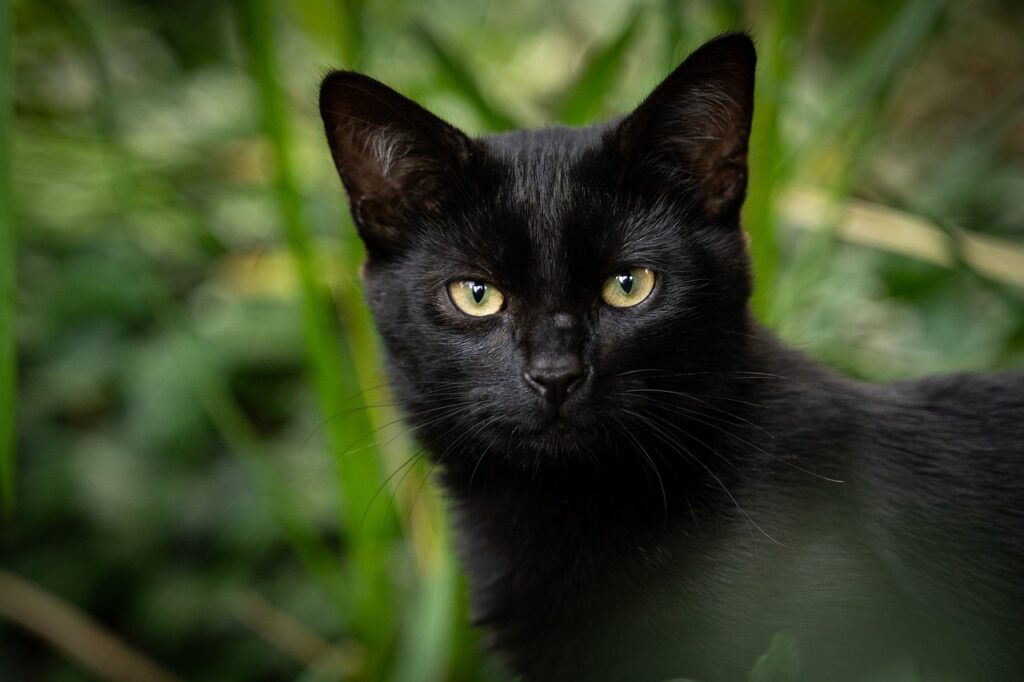Can Cats Eat Garlic? – No, They Can’t
Contrary to some misconceptions, garlic is a definite no-no for feline diets. This pungent bulb, while a beloved flavor enhancer in human cuisine, contains compounds that are toxic to cats even in small quantities. It’s crucial to avoid offering garlic to your feline friends to maintain their well-being.
Is It Safe for Kittens to Consume Garlic?
When it comes to kittens, their systems are even more sensitive than adult cats. Therefore, garlic is not safe for kittens and can cause serious health issues. Because of their smaller size and developing bodies, the impact of garlic can be quicker and more severe.
Risks Associated with Feeding Garlic to Kittens
Introducing garlic to a kitten’s diet can lead to oxidative damage to red blood cells, resulting in hemolytic anemia. This can manifest in a kitten as weakness, pale gums, and rapid breathing. It is a potentially life-threatening condition that requires immediate veterinary attention.
Why Garlic is Not Recommended for Cats
Toxicity
Garlic, a member of the Allium family, contains thiosulfates, substances that cats are unable to digest. These compounds can damage red blood cells and lead to anemia. Even a small amount can be harmful, making garlic a high-risk food for cats.
Digestive Upset
Cats eating garlic may experience gastrointestinal discomfort. Symptoms like vomiting and diarrhea are common after ingestion, which could lead to dehydration and an overall decline in your cat’s health.
Changes in Behavior
A cat that has ingested garlic may exhibit changes in behavior such as lethargy or irritability. This can be a sign that the garlic is causing discomfort or pain, or that more serious health problems are developing as a reaction to the toxin.
Known Health Issues in Cats from Consuming Garlic
Garlic can cause hemolytic anemia in cats, a dangerous condition where red blood cells burst faster than they can be reproduced. Symptoms of this include pale gums, rapid breathing, jaundice, darkly colored urine, or even sudden collapse. Veterinary care is essential if any of these signs appear.
What to Do If a Cat Has Consumed Garlic?
- Immediate Veterinary Consultation: If you suspect your cat has eaten garlic, contacting your vet promptly is crucial for a swift assessment of the situation.
- Induce Vomiting: Only under professional guidance, inducing vomiting may be recommended to prevent further absorption of the toxin.
- Activated Charcoal: Your vet might administer activated charcoal to absorb the toxin and prevent further absorption into the bloodstream.
Safe Alternatives to Garlic for Cats
Instead of garlic, provide your cat with cat-friendly treats or a balanced commercial cat food. These foods are specifically formulated to meet a cat’s dietary needs without the risks associated with human foods like garlic.
Conclusion
To summarize, the risks of feeding garlic to cats far outweigh any perceived benefits. It’s imperative for cat owners to be aware of the dangers of garlic and to diligently prevent their feline companions from ingesting it. By providing safe and suitable alternatives, you can help ensure the health and happiness of your cat.



